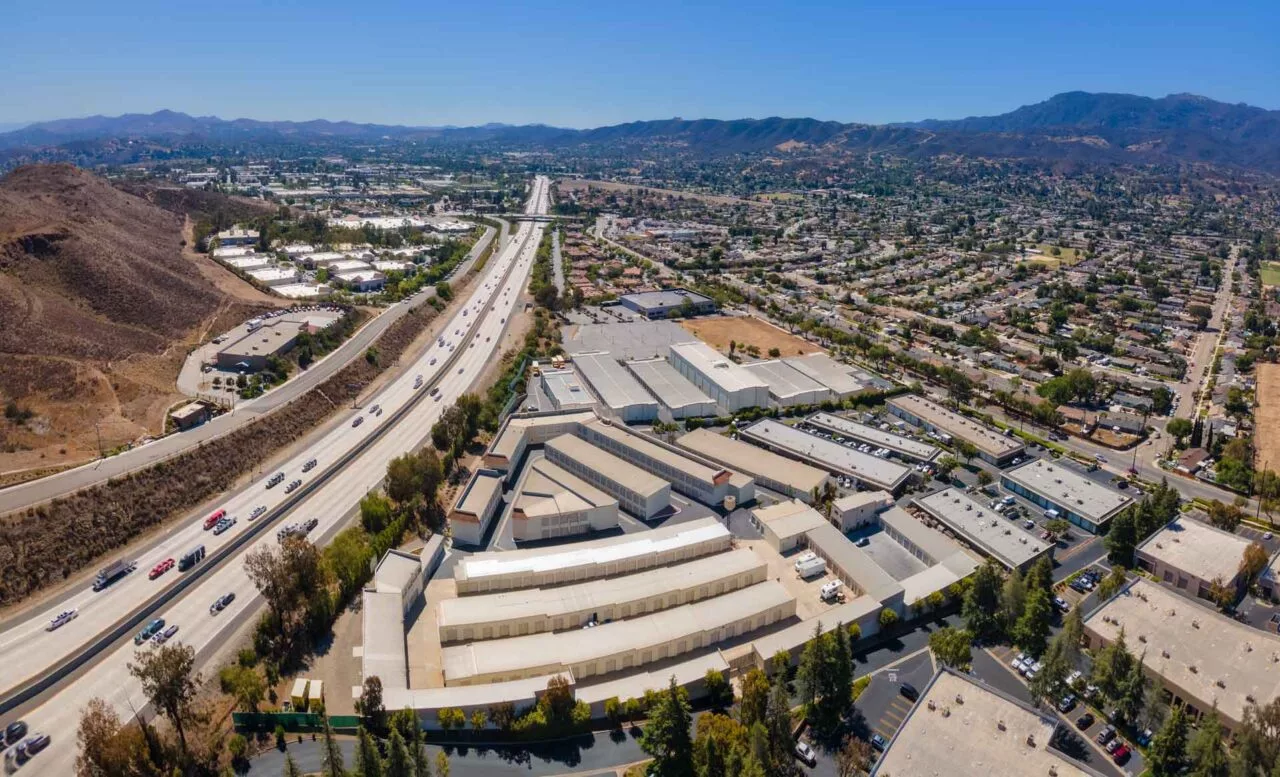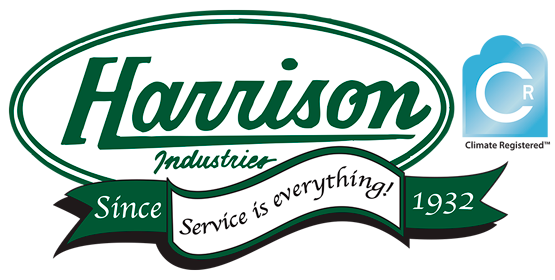
What You Need to Know About State Recycling Laws
Over the past 30 years since California first mandated residential curbside recycling, our customers have wholly cooperated in our ongoing and expanding recycling programs.
In California, with general household and commercial materials such as metal, glass, plastic and paper now routinely recycled, the latest focus for expanding recycling has been organic materials – and, notably, food waste. We have implemented weekly residential curbside food recycling and expanded commercial organics recycling.
Food waste recycling in particular is a vital need. According to statewide waste characterization studies, food waste contributes to a large percentage of the organic waste currently being sent to landfills. And it’s the organic materials in landfills that emit methane gases that are contributing to climate change.
To comply with organics recycling mandates, Harrison and our community partner Agromin are making progress on two local organic waste processing facilities:
- MOUNTAIN VIEW in Oxnard, which will handle all source-separated food materials.
- AGROMIN LIMONEIRA in the Santa Clara Valley, where an existing agricultural compost facility will expand to meet all the region’s organic waste recycling needs, making long-haul trips out of Ventura County unnecessary.
Current Legislation
The following is a rundown of the three most consequential state bills that affect organics recycling efforts:
 In September 2016, California Gov. Jerry Brown signed into law the landmark state Senate Bill 1383, establishing a sweeping statewide effort to substantially reduce emissions from methane and other so-called short-lived climate pollutants.
In September 2016, California Gov. Jerry Brown signed into law the landmark state Senate Bill 1383, establishing a sweeping statewide effort to substantially reduce emissions from methane and other so-called short-lived climate pollutants.
A highly ambitious measure, SB 1383 aims to reduce these emissions by greatly decreasing landfilled organic waste. According to the bill, organic waste in 2025 must be cut by 75% of 2014 levels. Also that year, California’s Department of Resources Recycling and Recovery (CalRecycle) aims to divert no less than 20% of edible waste for further human consumption.
The bottom line is the reduction of the destructive greenhouse gases that are eating away at the upper atmosphere that protects our planet.
 This state Assembly bill requires businesses in California to work toward recycling all of their organic materials, including yard and food waste.
This state Assembly bill requires businesses in California to work toward recycling all of their organic materials, including yard and food waste.
The purpose of this bill is to divert material from landfills that emits methane, a potent greenhouse gas that traps heat in the atmosphere, contributing to climate change. AB 1826 requires businesses that generate as little as two cubic yards of solid waste per week to take action to recycle their organic materials.
 This law requires all businesses in the state that are involved in food waste recycling programs to have food waste recycling bins available to customers and/or employees.
This law requires all businesses in the state that are involved in food waste recycling programs to have food waste recycling bins available to customers and/or employees.
Businesses that are subject to the state’s mandatory organics recycling requirements and that provide products for immediate customer consumption, such as restaurants and convenience stores, are required to comply.
Questions?
If you have questions on ways your business can comply most efficiently with state regulations, contact your city sustainability department, usually within the public works department.
For questions about trash and recycling collection, contact Harrison’s Donald Sealund at 805-647-1414, ext. 4318, or donalds@ejharrison.com
